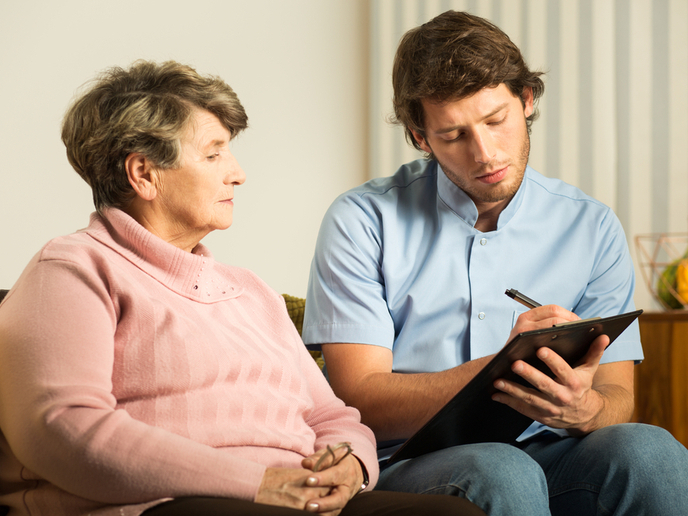Involving students in the design of care home interventions for older adults
Both regular physical activity and reduced sedentary behaviour limit the development and progression of disabling conditions. Older adults are the less active and most sedentary segment of the population, who present with physical dependency, cognitive impairment, and chronic morbidities.
Engaging undergraduates in intervention design
Engaging older people living in long-term care facilities in physical activity programmes has the potential to improve the activities of daily living. However, the characteristics of the most effective and sustainable intervention remain to be determined. To address the special physical and cognitive needs of care home residents, the GET READY project integrated service-learning methodology into university degrees by offering students placement opportunities at residential care homes. Undertaken with the support of the Marie Skłodowska-Curie (MSC) programme, the project engaged first year undergraduates of the Physical Therapy course of the Glasgow Caledonian University and third year undergraduates of the Sport Sciences course of the Ramon Llull University in Barcelona. Partners added content related to service-learning methodology(opens in new window) alongside information on how to co-create successful interventions. With the help of lecturers and the MSC research fellow Maria Giné-Garriga, students designed two workshops for care-home residents and one workshop for staff members, relatives and policy makers. “It was paramount to involve care home residents, family members and staff in intervention design to raise awareness and change the culture of professionals working with this frail and co-morbid population,” emphasises Giné-Garriga. The co-designed interventions aimed to reduce sedentary behaviour and increase movement of care home residents throughout the day.
Validating the GET READY interventions in a pilot study
During the second stage of the project, the project team tested the feasibility and the preliminary effects of the co-created intervention in a pilot study(opens in new window) in four care homes in Glasgow and Barcelona. A total of 31 care home residents took part in the randomised pilot study which had a duration of 12 weeks and assessed various parameters such as daily physical activity and sitting time, quality of life, fear of falling and function. Compared to the control group, individuals undertaking the GET READY interventions exhibited an improvement in movement and functional abilities. They spent fewer daily hours sitting or lying down with concomitant increase in habitual gait speed. Overall, no adverse effects were observed, and participants expressed a reduced fear of falling.
Project impact and prospects
There is an increasing consensus to involve patient and public in the design of social service provision. GET READY further implicated undergraduate students in the design of interventions for the older adults, contributing to a sustainable framework of future employees with increased awareness and knowledge on the importance of movement in care home residents. The project team also enhanced the collaboration between end-users and staff, setting the ground for individualised strategies and enduring approaches of movement throughout the day. “Care home residents should be involved in household chores both inside and outside of care home premises with direct connection with the community as when they were living independently,” proposes Giné-Garriga. This will help them improve health-related outcomes and quality of life, bypassing their most common fears of dependency on others and isolation in a closed environment.



